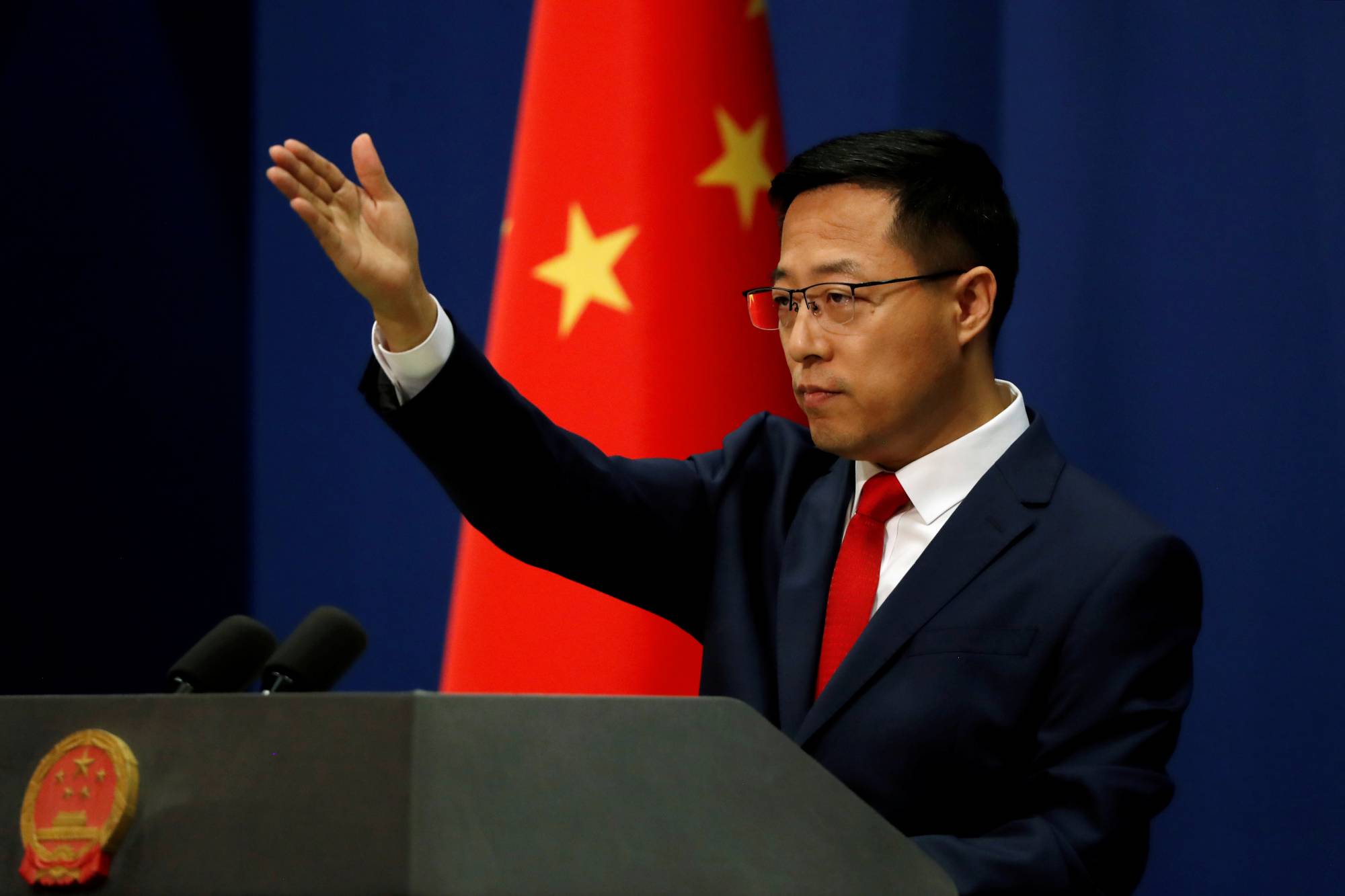As the Biden administration settles in, China is repeating its wish to have a positive, plus-sum, cooperative relationship with the new team in Washington. Ministry of Foreign Affairs spokesperson Zhao Lijian lamented this week that “the Trump administration went in a very wrong direction” and warned that “cooperation is the only right choice.” That’s not quite right. Cooperation is preferred but cooperation is only possible when there is mutual respect among parties and a shared understanding of the rules of engagement. Beijing shows neither.
Biden’s return to the White House has prompted Chinese officials to dig out their old playbook. Zhao explained, “As two major countries, China and the United States have broad common interests and shoulder special, major responsibilities in safeguarding world peace and stability and in promoting global development and prosperity.” That sounds a lot like the “new type of major country relations” that Chinese leader Xi Jinping proposed to President Obama in 2013.
That model, which seemed to endorse a condominium in which Washington and Beijing would make decisions for the region, rested on three pillars: no conflict or confrontation, mutual respect and mutually beneficial cooperation. In the abstract, it is hard to argue with those concepts. Problems arise when those principles become concrete; when, for example, “mutual respect” is applied to specific problems. In practice, this has meant that China is not to be criticized. Ever. And when Beijing expresses an interest in a dispute, that stake is to be considered paramount and accorded due deference.



















With your current subscription plan you can comment on stories. However, before writing your first comment, please create a display name in the Profile section of your subscriber account page.